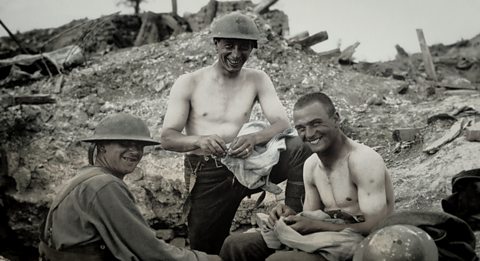Video summary
The war affected combatants in different ways.
Whilst some were able to detach themselves from its horrors and focus on the job of ending it quickly, others, such as John Palmer, a signaller, found it increasingly difficult to cope with the violence and apparent pointlessness of the conflict.
He only found respite after being seriously injured, in the hope of returning home to his family.
This is from the series: I Was There: The Great War Interviews.
Teacher viewing recommended prior to use in class.
Teacher Notes
This clip could be used to explore the reasons why some soldiers thought the war was pointless.
Students could be asked to provide a βback storyβ to this soldierβs experience at the front explaining why he might have adopted these attitudes towards the war.
This clip will be relevant for teaching History at KS3, KS4/GCSE, in England and Wales and Northern Ireland.
Also at Third Level, Fourth Level, National 4 and National 5 in Scotland.
This topic appears in OCR, Edexcel, AQA, WJEC, CCEA GCSE and SQA.
Attrition. video
The strains of war drove soldiers to desert their post or inflict a wound on themselves.
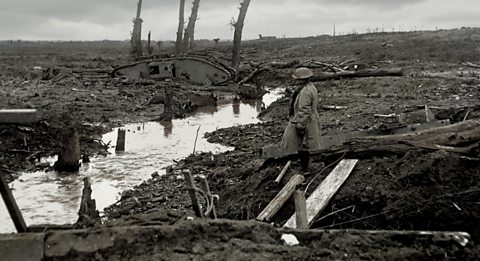
Life as a munitionette. video
Mabel was one of many women who put their lives at risk working in munitions factories.
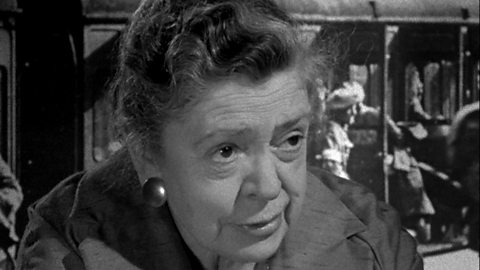
Life as an officer during WW1. video
Charles talks about coping with looming shellshock and aspects of an officer's life.
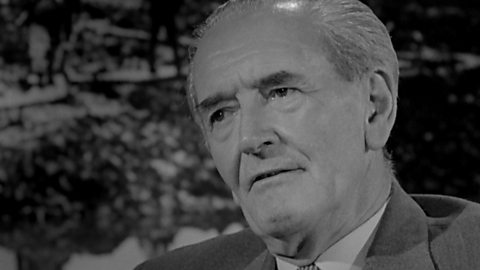
One woman's loss. video
Katie describes what the war was like from a young womanβs perspective in Manchester.
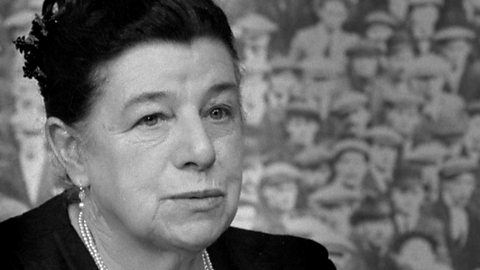
Recruiting soldiers in WW1. video
The different pressures which were applied to persuade young men to join up to fight.
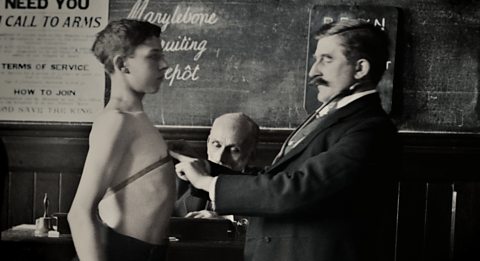
Respite. video
How men could relax and forget about life on the front line when behind the lines and get some respite from the war.
